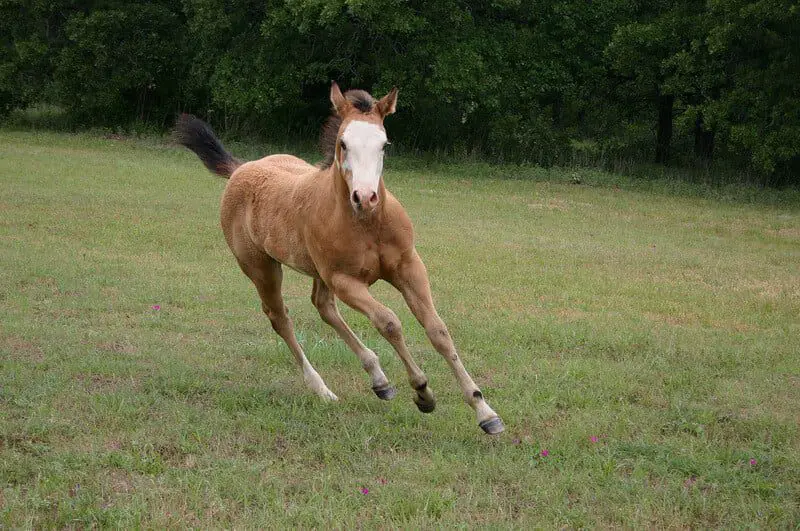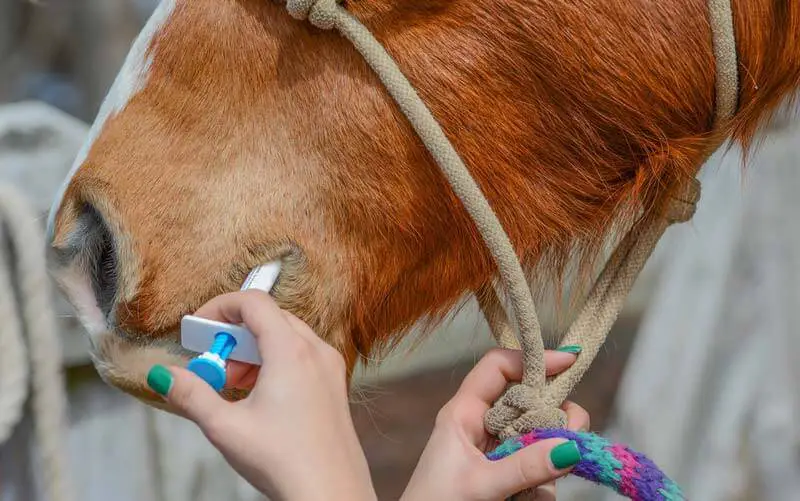At what age can my colt be castrated?

A colt can be safely castrated at any time once his testicles have completely descended. Deciding when to castrate your colt is a matter of personal preference, and depends on the facilities and management possibilities on your property.
When to do it
Most colts are not castrated before six weeks of age. Castrating your colt prior to weaning will reduce much of the characteristic behaviours of young colts. However, some owners prefer to allow their colts to mature to one or two years of age before castration.
How to do it
There are two methods of castrating horses, which can be performed at a veterinary clinic or in the field. These include standing and sedation or anaesthetised and lying down. Standing castrations are beneficial as you avoid many potential issues associated with anaesthesia.
Most castrations can be safely performed at your property and will take place in a field or pasture. The veterinarian will sedate your colt, while you stand holding him using a halter and lead rope. Then, they will perform an open, closed or semi-closed procedure.
After procedure care
Post-procedure you should monitor your colt closely. Bleeding should stop within 1-2 hours. The incision may drip for up to 12 hours, but any profuse bleeding must be stopped immediately with the support of your veterinarian.
For the first 12-24 hours, your colt should be confined to limit movement. However, following the first 24 hours, light and controlled exercise will prevent swelling and aid drainage. For example, lunge your colt for 15 minutes once or twice a day for two weeks following their procedure.
You should also monitor your colt’s vital signs regularly. A spike in temperature may indicate a fever which needs to be treated with antibiotics. Your colt may also appear lame as the incision area may be painful. If in doubt, consult your veterinarian for a post-operative check-up.
Finally, be watchful for omental or intestinal eventration. Omental eventration is where small pieces of omentum, fat or fascia descend from the wound, potentially leading to infection. Intestinal eventration is, thankfully, rare, but life-threatening. Both situations require immediate veterinary action.



